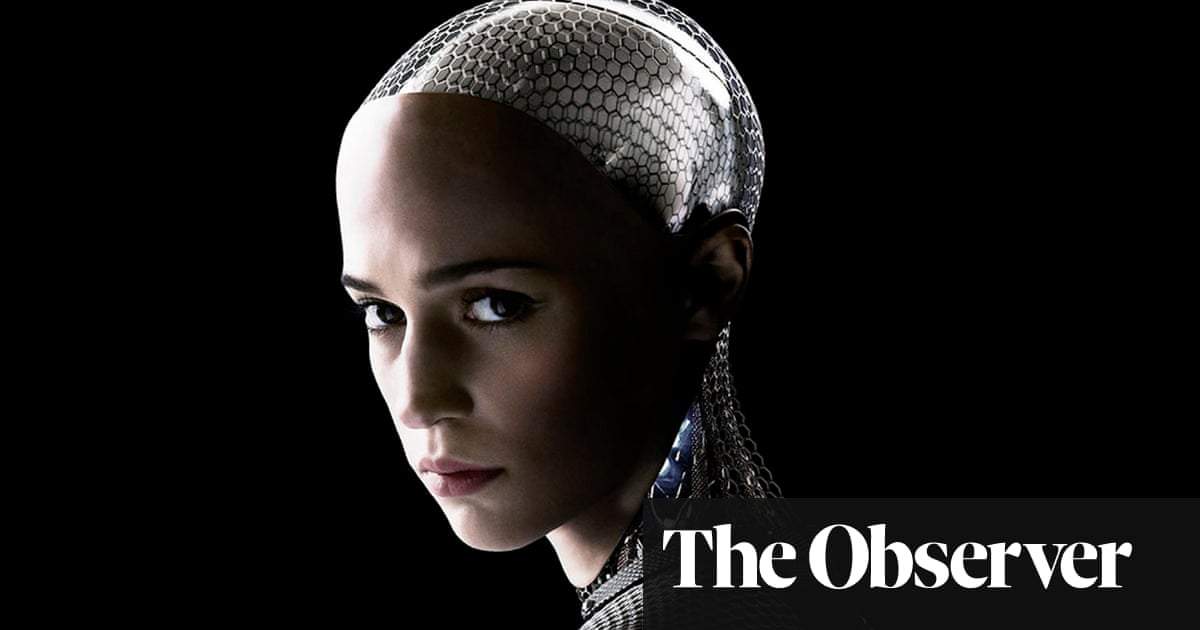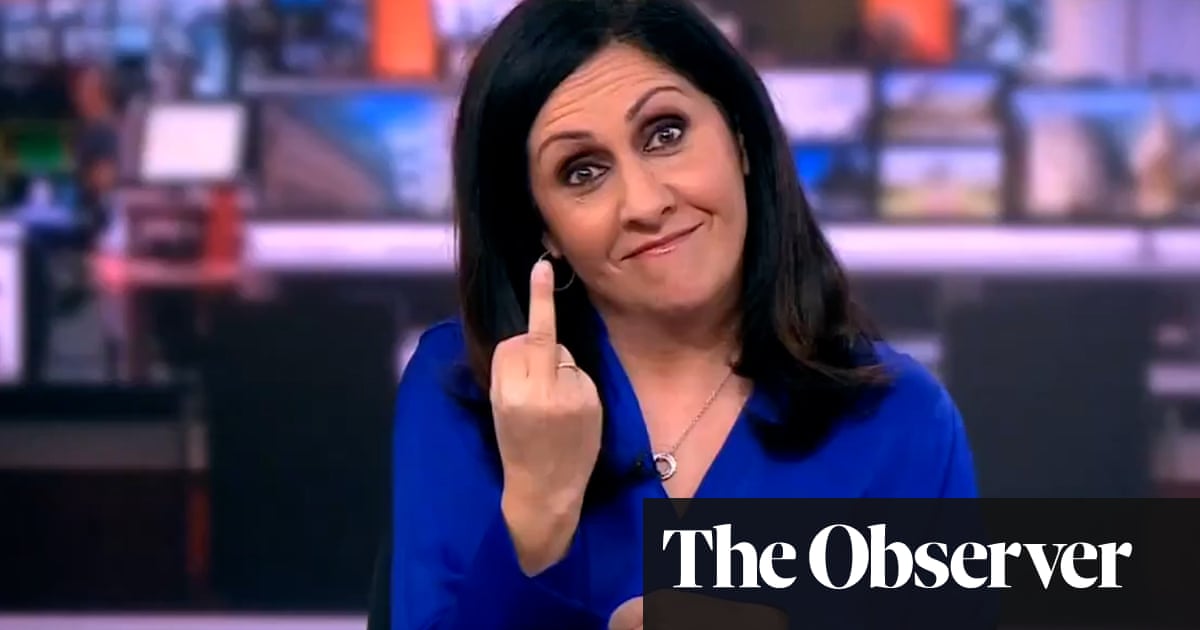
British television is failing us. It’s excluding stories, talent, on and offscreen, and promoting only a “pathetic” number of people from minority-ethnic backgrounds to positions of power.
These are not my contemporary thoughts. They’re the verdict of broadcasting chiefs back in 2000, when I was still in my teens. Twenty years ago all Britain’s major broadcasters were together promising to radically improve diversity and representation, to stop the “endless meetings” and to reflect the “plain realities of life”.
It was an era when David Olusoga – a man now recognised as one of the best historians and presenters on British TV – found himself, in his own words, “sidelined, dismissed and desperately unhappy”. Giving the MacTaggart lecture at the Edinburgh TV festival this week, he disclosed that the racism and prejudice he encountered had left him “so isolated and so devalued that I twice slipped into clinical depression”.
Olusoga’s candour and courage prompted widespread media coverage. That he described his experience so eloquently on such a prestigious platform was certainly news; yet the content of that experience, for many other minority-ethnic people who work in TV, was not.
The subtext was important. Olusoga admitted his reluctance to expose himself so honestly before what he described as “the tribes of television”, because it was a genuine unknown to him if, at the end of it, he would still have a career. That speaks to the penalty attached to drawing on your lived experiences of racism, in an attempt to make things better. These acts of public service – offered in a spirit of tough love for the media industry we so value – can prompt summary punishment. In order for the industry to progress, it seems, we must take the personal risks.
This is a conversation that the Alternative MacTaggart, a companion event to the one featuring Olusoga, echoed when I met the presenter, activist and actor Jameela Jamil. Our discussion, which is broadcast today, centred on Jamil’s experience of being vilified by the media for calling out the body shaming, racist, ableist and non-inclusive practices that still remain standard. Having lived with mental ill health, disability and a near fatal accident, she felt she had sufficiently little to lose to do it anyway. That doesn’t explain or justify the personal abuse she faces for telling the truth.
Jamil and I first bonded online as members of the small but vocal group of people of colour attacked by Piers Morgan. That he and other powerful white gatekeepers are rewarded for degrading minority voices is the flipside to understanding why Olusoga felt he might be penalised for simply using his.
One of the favourite activities of these gatekeepers is manufacturing fake culture wars, as a device to claim minority communities are trying to erase the history and identity of white British people. That ploy made another comeback this week in a faux debate about Rule, Britannia! being performed on the Last Night of the Proms.
Despite no evidence of any group – minority or otherwise – trying to “ban” the song from the annual BBC music festival, newspapers were reporting a “battle”, pitting an imagined army of black and brown people against the perceived decent, white classical-music-loving folk on the other side.
“Confident, forward-looking nations don’t erase their history,” said the culture secretary, Oliver Dowden.
Curious then, that historians such as Olusoga who promote knowledge of our past have faced so many decades of hostility.
It’s bad enough that Olusoga was once told by a white TV colleague to behave more like a drug dealer (true story), and that Anne Alexander – the ITV political producer who has, for 20 years, been the only black woman in that position in Britain – was assumed by an MP to be a waitress.
It’s a normal experience to show up on set for a live show or scripted series and find, as Noel Clarke revealed this week he had, an all-white crew.
This won’t change while we have a government more interested in its invented culture war than in taking the steps needed to improve the industry. This is not a favour we are asking. As the increasing popularity of subscription channels such as Netflix shows, audiences given a choice between the status quo and fresh, diverse stories will vote with their feet.
Dowden could start by setting up a regulator that truly holds the industry to account for diversity and inclusion, something Ofcom – as Olusoga and so many other authoritative broadcasters have pointed out – has failed to do.
Without this kind of drastic action, there is nothing to suggest we won’t be having this exact same conversation again, 20 years from now.
• Afua Hirsch is a Guardian columnist












